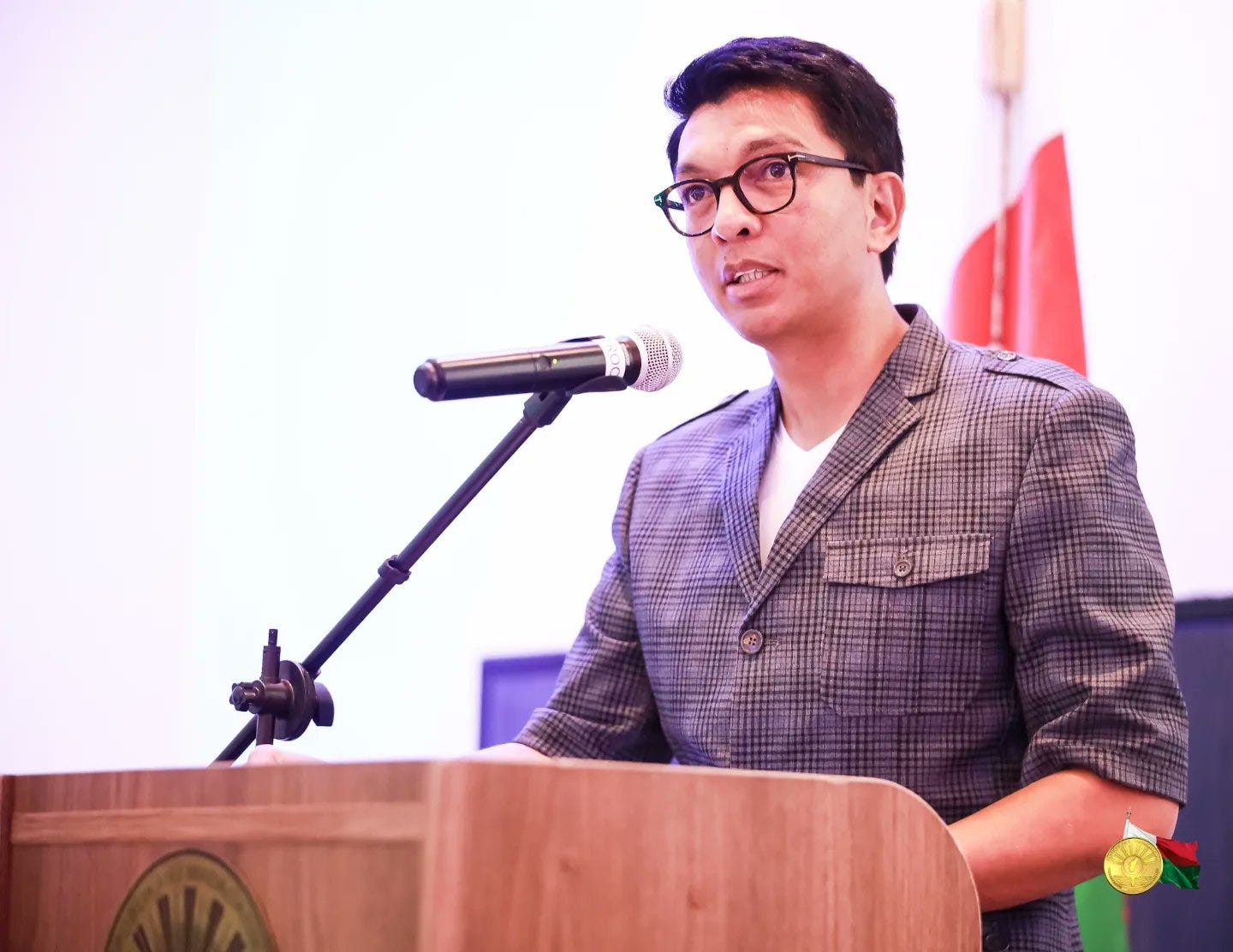Madagascar's "COVID cure" president is silencing his opposition

Madagascar’s recent political history has been turbulent. The incumbent president, Andry Rajoelina, came to power as president at age 34 in what was widely recognized as a coup by the international community. After being elected mayor of Madagascar’s capital Antananarivo in 2007, Rajoelina and his youth movement were positioned at the head of opposition to the country’s incumbent president, Marc Ravalomanana, who himself wielded state violence against protestors.
Riding public momentum as a result of a massacre perpetrated by police against demonstrators, Rajoelina pushed out Ravalomanana with the assistance of the military. After governing for four years, almost a full term in Madagascar, new presidential elections were held, and Rajoelina’s endorsed candidate took over.
Rajoelina then won his first presidential election in 2018, facing off once more with Ravalomanana, this time in an electoral arena. And five years later, the country is headed back to the polls once again, albeit in a much different political climate.
While Rajoelina’s political movement was characterized by a legion of young supporters and an ostensibly reformist outlook, the president has faced incisive criticism over this term. Rajoelina came to international attention in 2020 during the COVID-19 pandemic when he controversially claimed that Madagascar had developed an herbal tea capable of curing the disease, dubbed “Covid-Organics.”
The World Health Organization was forced to publish a cautionary notice on the unproven efficacy of the “cure,” and described it as potentially dangerous. While Covid-Organics may have been Rajoelina’s most noteworthy excursion into international discourse, however, it is domestic turmoil that poses the greatest challenge to his rule- even as Rajoelina pursues repression of dissent.
2021 saw reports on historic drought in Madagascar, bringing about horrific famine. While at the time climate change was cited as a significant factor, one report from scientists honed in on poverty and mismanagement as the leading contributor to food insecurity. Disastrous cyclones in 2022 only compounded the country’s misfortunes.
Now, Rajoelina has increasingly come under fire from protestors railing against concerns that are familiar across the globe: “rising living costs and deteriorating economic conditions.”
The situation has become so intense that Rajoelina’s government has banned demonstrations, with presidential elections looming later this year. One former minister in Rajoelina’s administration described the trajectory of the country as “heading towards a dictatorship.”
Multiple embassies condemned the move, which throws into question the fairness of the coming vote. Rajoelina’s main competition could be an alliance between Ravalomana and, in an ironic twist, Hery Rajaonarimampianina- the former president endorsed by Rajoelina a decade ago.
Time will tell the extent to which Rajoelina jockeys to put his thumb on the scales. But at this point, Rajoelina’s presidency seems mired in many of the deep flaws that swept him into office to begin with.
Do you enjoy international political news from Populism Updates? Support the newsletter by pledging for a paid subscription. You’ll only be charged when it launches, and gain early access to important coverage from around the world. It really helps!



